Extraction of teeth and wisdom tooth removal
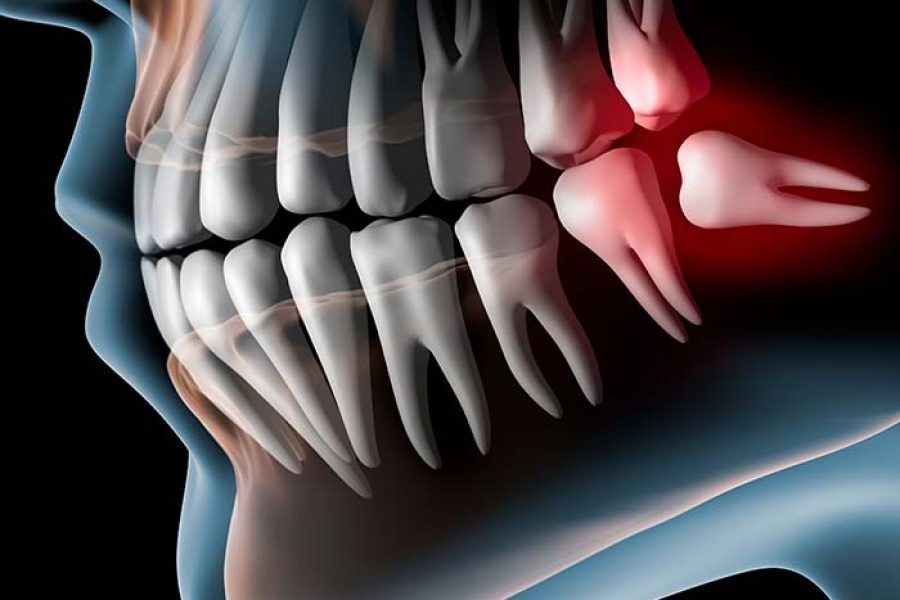
Extract wisdom tooth
Impacted teeth are those that grow abnormally compared to regular teeth. They may be upright, tilted, lying flat, or embedded in the jawbone. Impacted molars commonly occur with wisdom teeth located at the innermost part of the mouth, totaling four molars. Due to their delayed eruption compared to other teeth, there is limited space for them to grow properly. If left unattended for an extended period, impacted teeth can cause pain and lead to issues with other adjacent teeth.
Good reasons why you should or must have your wisdom teeth, extra teeth, or implant teeth removed.
- Preventing the Dangers of Gum Inflammation:
When wisdom teeth grow in a straight line but don’t fully emerge, the gums can cover parts of the teeth. If food particles get trapped under the gums and are not cleaned properly, the gums may become inflamed, causing a foul odor, pain, and swelling with pus. If left untreated, the condition can become severe, spreading infection to the face and neck. Facial swelling and the infection can potentially spread to other parts of the body, posing serious risks.
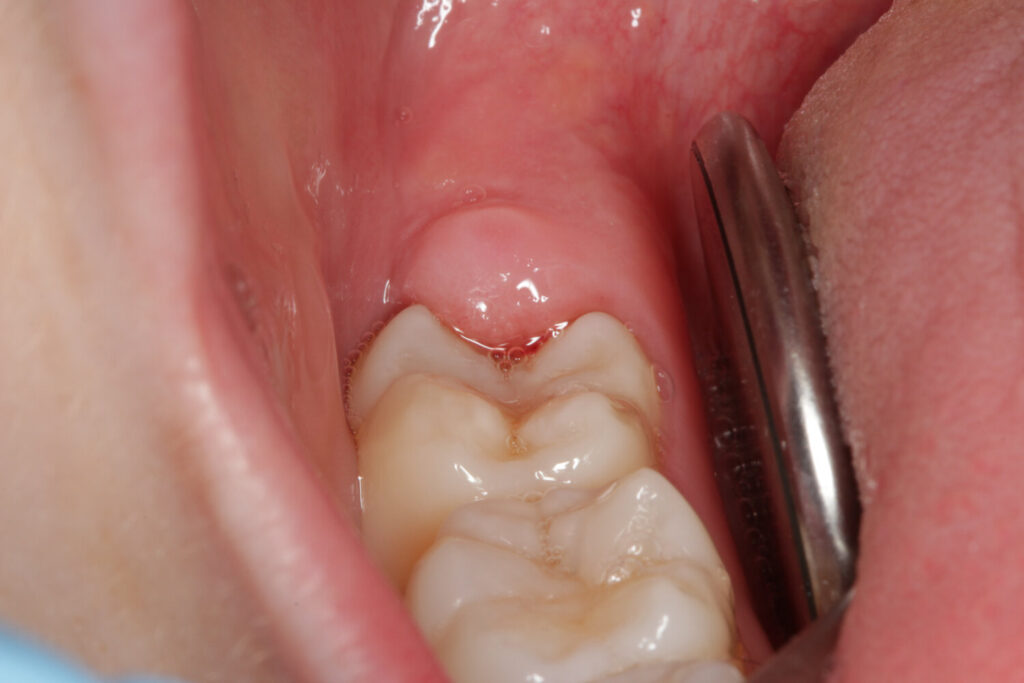
- Preventing Side Teeth Cavities:
Wisdom teeth that grow misaligned and collide with the front teeth can create deep pockets where food particles tend to get stuck, making proper cleaning challenging. Over time, the impacted teeth may develop cavities. When discomfort is felt, the impacted teeth often have significant cavities, extending to the nerve chamber, necessitating root canal treatment to save the teeth. If root canal treatment is unsuccessful or not performed, leading to the extraction of the impacted teeth, a previously healthy tooth may be lost as well. Addressing misalignment through orthodontic treatment might alter the treatment plan, potentially increasing the duration and cost or requiring the use of dental prosthetics if closing the gap is not feasible
- Preventing Periodontal Disease:
Wisdom teeth that grow misaligned and collide with the front teeth, creating deep and narrow pockets, often accumulate food particles and are challenging to clean properly. Due to their location in deep pockets, they are prone to periodontal disease, which can gradually erode the jawbone supporting the teeth. Ultimately, this may lead to the loss of a previously healthy tooth, emphasizing the importance of preventive measures to avoid such complications.
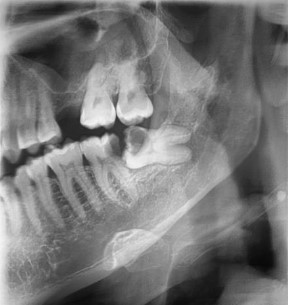
Extract wisdom tooth
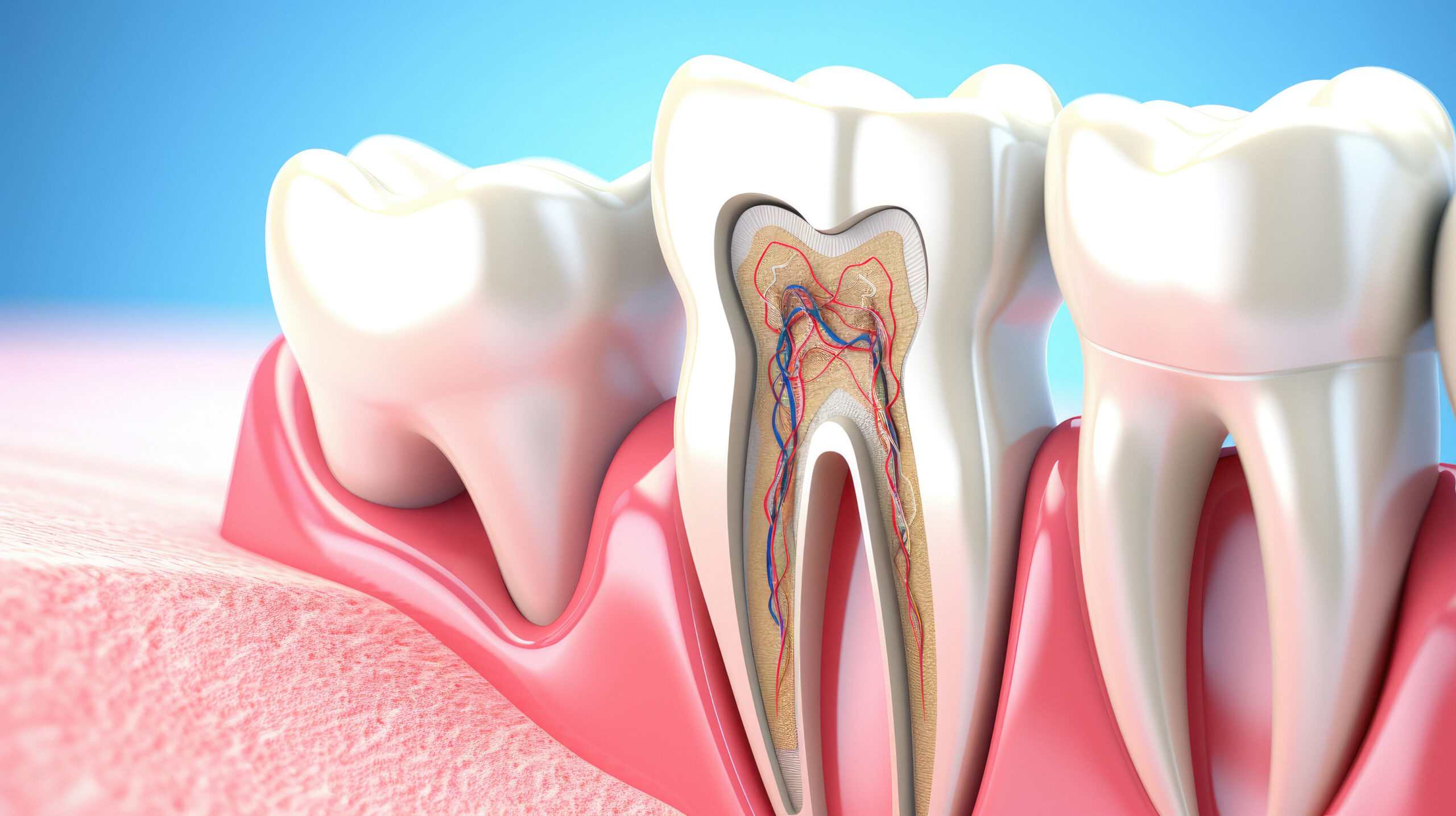
After wisdom tooth surgery Symptoms that can occur and are considered normal are:
- Pain at the surgical site, which may require pain relievers similar to those used after regular tooth extraction.
- Swelling of the face on the side of the surgery, similar to general surgical procedures, with initial swelling lasting approximately 2-3 days and gradually subsiding.
- The cheek area may show signs of bruising, which will heal on its own.
- Typically, patients usually don’t need to take a break from studying or working on the day following wisdom tooth extraction. After the procedure, it is recommended to manage jaw movement by attempting to keep the mouth wide open as before. Brushing teeth near the surgical site gently is advised to keep the area clean, reducing the accumulation of bacteria and food debris. This helps minimize the risk of inflammation around the surgical wound. There’s no need to be afraid of pain. Another dental appointment is scheduled in 7 days to assess the healing progress and determine stitch off.
Contact us at Poonnakan Dental Clinic,
Dentist Consultation.


